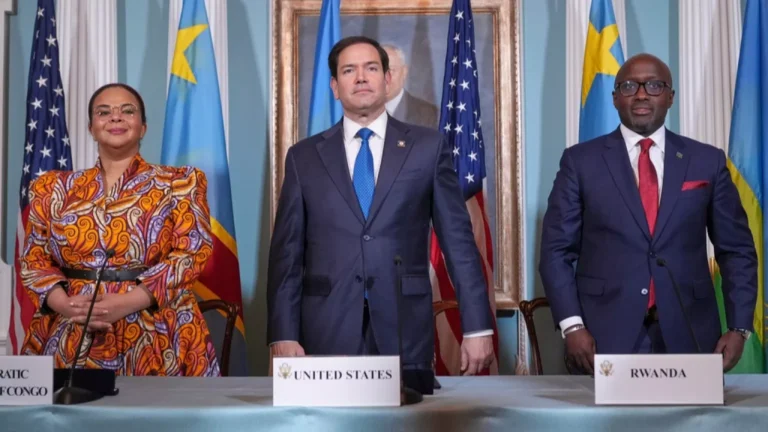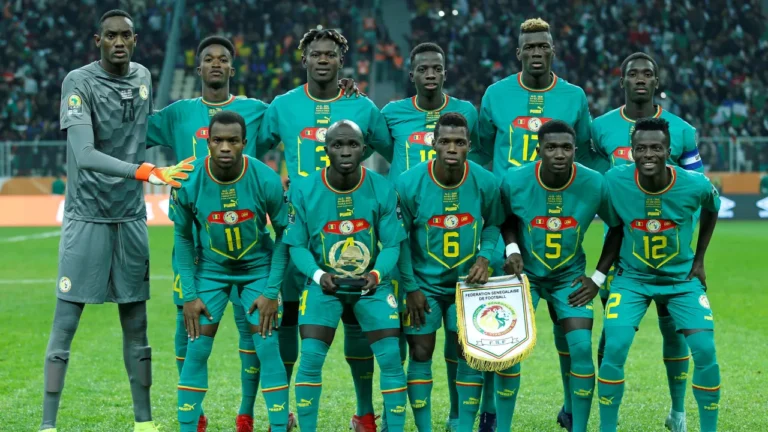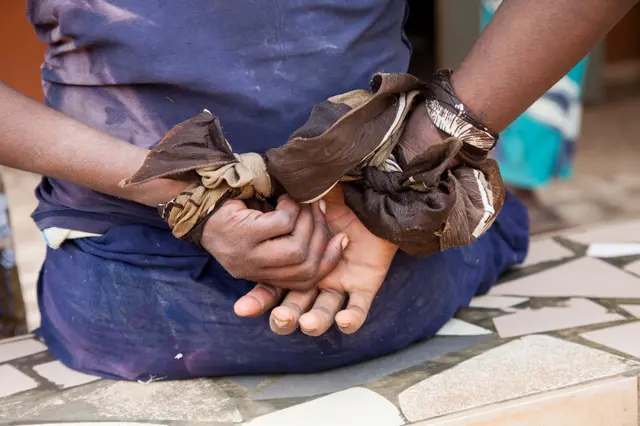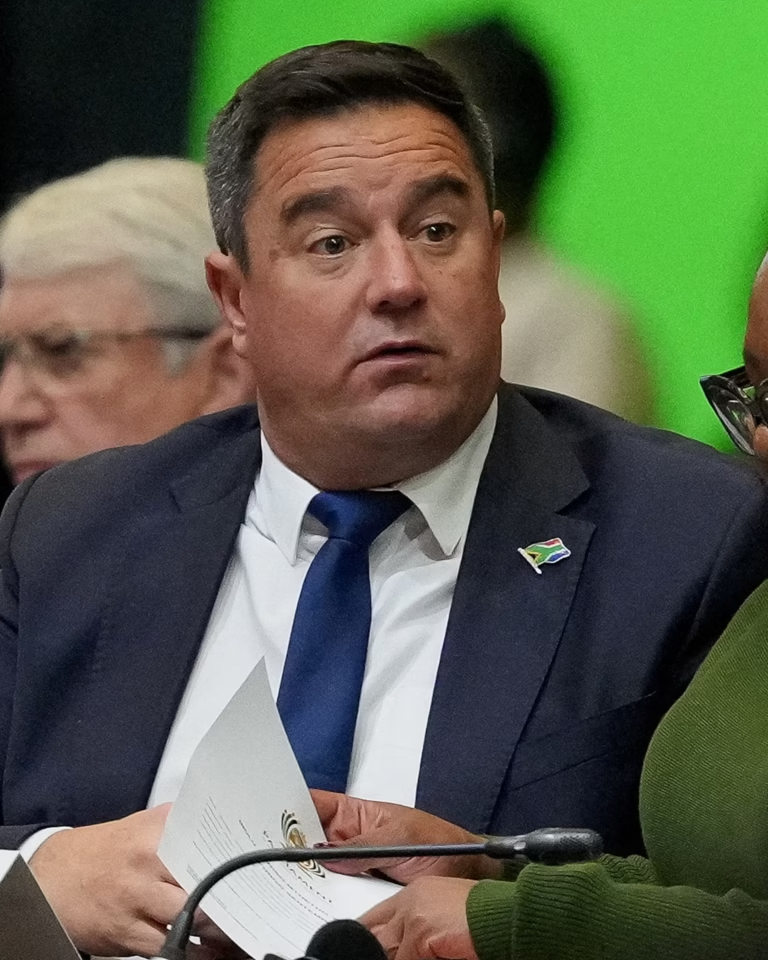Unpacking the claims around African recruitment in Russia’s military campaign
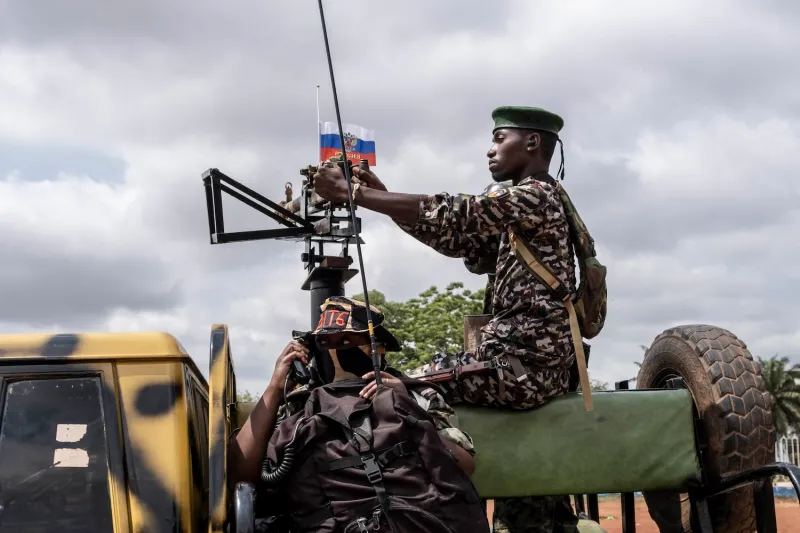
As reports and speculation continue to circulate on social media regarding African nationals—particularly Cameroonians—fighting in the ongoing Russia-Ukraine war, new commentary has emerged aiming to clarify the situation and challenge some of the more extreme narratives.
Speaking to growing concerns, Sébastien G. Eloundou, a Cameroonian analyst and international observer, addressed what he described as widespread misinformation.
“For some time now, we’ve been seeing images of some Cameroonians allegedly killed in the conflict between Russia and Ukraine.
Some emotional people are spreading information that Africans are immediately captured as soon as they land at the airport in Russia and sent to the front.
This is completely false,” Eloundou stated.
His comments come amid heightened anxiety among African families with relatives studying, working, or residing in Russia.
The suggestion that young Africans are being forcibly conscripted has sparked online outrage and concern, especially as images of unidentified African bodies allegedly linked to the front lines surface online.
However, according to Eloundou, Russia’s military involvement of African nationals is rooted not in coercion but in a structured, voluntary recruitment process—one that is openly promoted with specific incentives.
The Promises Behind Russia’s Recruitment Drive
The Russian government, through various military outreach programs, is reportedly offering the following terms to interested African recruits:
-
A Russian passport upon completion of service—assuming survival through the duration of the conflict.
-
A signing bonus of 2,000,000 CFA francs (approximately $3,300 USD), alongside a round-trip airfare and complete military gear.
These incentives are designed to appeal particularly to individuals from economically challenged backgrounds across the African continent, where such sums may represent significant life-changing income.
Nonetheless, the offer comes with grave risks, as involvement in active combat zones means a high probability of injury or death.
Critics argue that while the program is technically voluntary, economic desperation may blur the lines of true consent.
As the war in Ukraine grinds on with no clear end in sight, the issue of foreign nationals—especially from Africa—enlisting in foreign armies has become increasingly politicized.
Observers like Eloundou stress the importance of verified information over fear-driven narratives.
“We need to distinguish between emotional speculation and reality. This situation deserves serious scrutiny, not sensationalism,” he emphasized.
The truth likely lies somewhere between recruitment opportunity and recruitment risk.
But for now, the international community—and African nations in particular—are left grappling with the ethical implications of such enlistments, and the true cost of participation in a distant war.
About The Author
dailymailafric
I am an avid African news observer, and an active member of Daily Mail Africa.
I’m Passionate about staying informed on diverse topics across the continent,
I actively contribute to publishing on political, economic and cultural developments in Africa.
